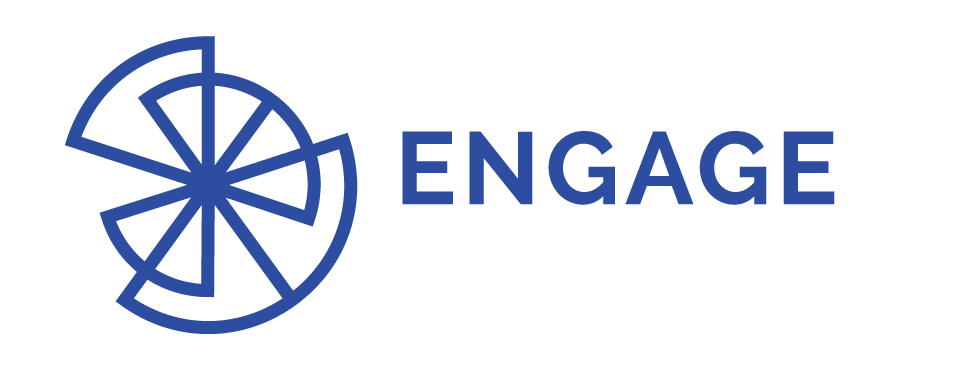Diversification of International Relations and the EU: Understanding the Challenges
Gustavo Müller, Kolja Raube, Monika Sus & Akhil Deo
This working paper sheds light on the ongoing transformations of the global order and the growing diversification of international relations. It presents and analyses the major trends and drivers that will shape international relations and international security in the decades ahead, and their possible impact on the European Union’s security and its external action.
It argues that a gravitational shift of world affairs, which move from West to East, is underpinned by the long-term geoeconomic, geopolitical and normative rise of the Indo-Pacific Region and, above all, the rise of China. At the same time, it sustains that, while states remain the major actors in international relations, non-state transnational actors have gained in importance, in their capacity to exercise power and in their ability to create and respond to threats.
By reviewing 20 foresight studies and scenario exercises developed since 2016, and whose authors aimed at mapping out key political and socio-economic trends that might impact the European Union over the coming decades, the paper presents and analyses six key drivers, arranged in three main categories: climate change and energy (natural disasters and degradation of natural environment and energy security); technological revolutions (technological innovation, and digital connectivity); and demographics (migration and demographic transformations). In addition, the paper compiles different scenarios for the future of global order and the European Union external action as presented in the reviewed foresight studies.
In conclusion, it argues that the multiple combinations of the key drivers offer the EU opportunities to show leadership and shape international relations, even despite the gravitational shift towards the Indo-Pacific.


